Hello, welcome to visit Shanghai Forum
Eco-Urbanization and Management Innovation: Challenges and Opportunities for Asian Countries
Co-organizer: Center for Chinese Agricultural Policy, Chinese Academy of Science
Host: Deng Xiangzheng
Introduction of the Host:
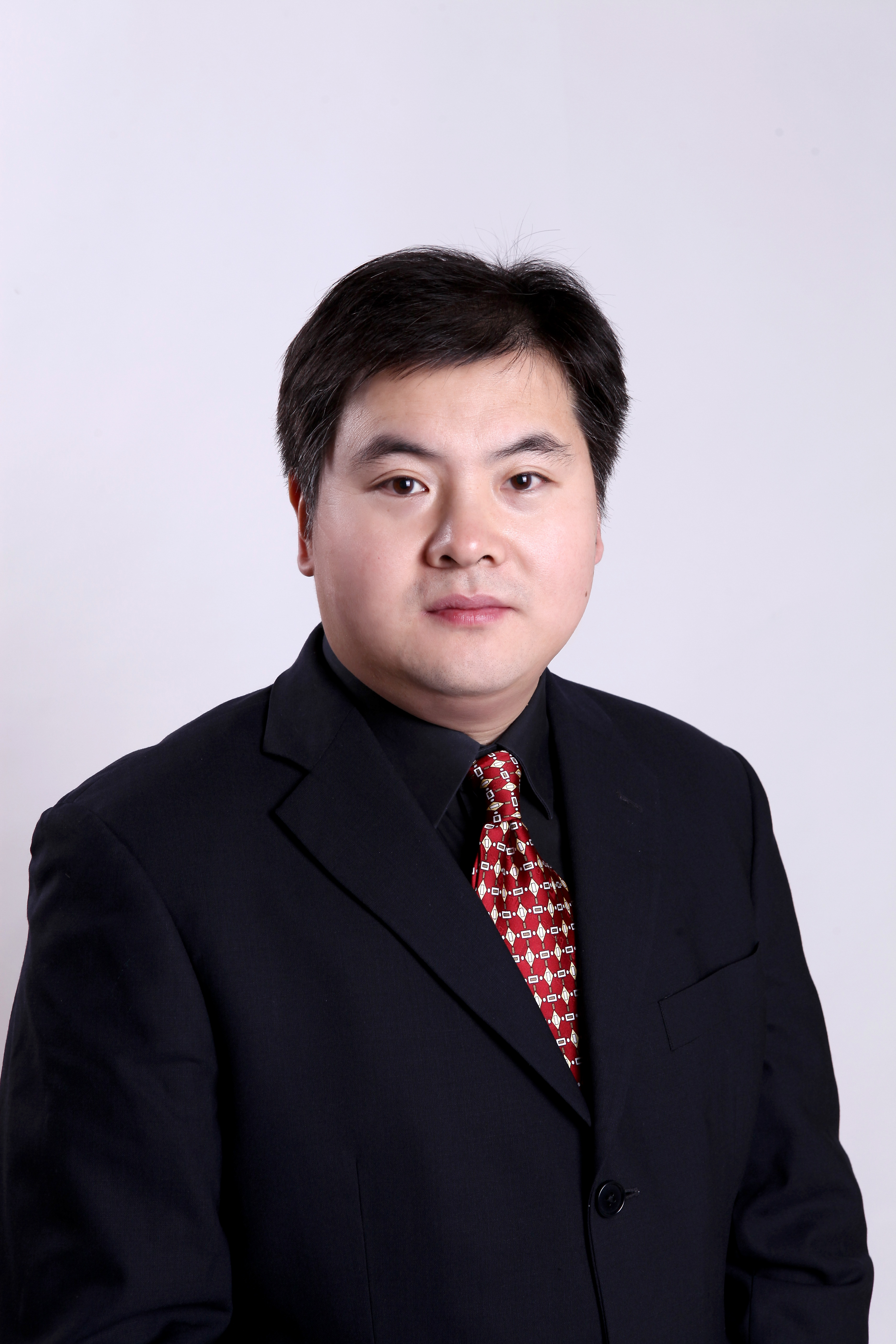
Dr. Deng Xiangzheng is professor and director of cooperation and exchange office at Institute of Geographic Sciences and Natural Resources Research, Chinese Academy of Sciences. He is the winner of the National Natural Science Fund for Distinguished Young Scholars, guest professor at Observation Center for Global change and Earth of Michigan State University, and visiting scholar at Institute for International Development, Stanford University. He serves as a scientific steering committee member for Future Earth Initiative Urbanization and Global Environmental Change (UGEC) project, consultant of Research Councils UK (RCUK), Food and Agriculture Organization (FAO), and The World Bank. He also serves as consultative expert for International Organization and Cooperation of National Natural Science Foundation, China (NSFC), committee member for National Land Resource Information and Technology, Standardization Administration of the China (SAC/TC93/SC5), Deputy Secretary General for Energy Economics and Management branch of Chinese Society of Optimization, Overall Planning and Economic Mathematics, council member of China Society of Territorial Economists, and group leader for working group of industrial policy and development geography of the Geographical Society of China (GSC). Professor Deng is editor of Regional Environmental Change, and editorial board member of Journal of Land Use Science, Journal of Geographical Science, and Acta Prataculturae Sinica, and editor in chief of Forestry Economic Review. His research interest is in resources and environmental policy and management, regional sustainable development, ecosystem services and management, climate change economics and decision support systems. He has 9 monographs in English and Chinese, and over 160 publications in international and domestic journals, such as Urban Economics, Land Economics, Environment and Development Economics, Journal of Environmental Economics and Management, Land Use Policy, Landscape and Urban Planning, Ecological Modeling. Professor Deng is PI and Co-PI of over 30 projects, including the National Science Fund for Distinguished Young Scholars, NSFC Key Program and Major Research Plan project, Key Projects in the National Science & Technology Pillar Program, The National Key Programme for Developing Basic Science in China (973 project), The National Department Public Benefit Research Foundation of the Ministry of Land and Resources of China, the Natural Science Foundation of United States project, and China Council for International Cooperation on Environment and Development (CCICED) project. His research outcomes have received 3 provincial and ministerial level awards.
Theme Interpretation:
Cooperation and development vision of “The Belt and Road Initiative”, which proposes economic integration, cultural inclusion, and community of responsibility and destiny, appeals to multiple Asian countries along the belt and road. Asia is one of the most potential regions in terms of future urban development according to global urbanization projection. Asian countries are facing a series of common problems in resources allocation and efficient utilization, tradeoffs between eco-environment protection and economic development, and the improvement of life quality and human well-being towards sustainable development, although they possess significant differences of natural resources endowment, social and cultural background, economic development level, and urbanization processes. This session will take “Ecological Transformation and Management Innovation of Urbanization” as main theme to discuss the opportunities, challenges and response strategies of the Asian countries and regions in the context of the "The Belt and Road Initiative" in order to explore the implementary pathway of economic and ecological synergetic development. Specifically, this session will also focus on the typical cases of ecological transformation of China’s urbanization under the guidance of “the National new-type urbanization plan (2014-2020)” and the strategic direction of "vigorously promoting ecological civilization". This session will focus on (i) how to promote green, cyclic and low- carbon urban development, (ii) how to shape the spatial pattern, industrial structure, production mode, life style and consumption patterns of protecting environment and efficiently utilizing resources, and (iii) how to protect eco-environment through institutional and administrative reforms to ultimately tackle with the thorny issues that exposed in the urbanization processes. Based on the discussion, we expect to identify the key factors that limiting regional sustainable development, and condense suitable, referable, and adaptive urban ecological management modes from the perspective of urban planning, industrial transformation, resource utilization policies, and actions and standards for eco-environment protection. This discussion will shed light on ecological transformation of urbanization and regional sustainable development, and provides scientific support to decision making.
Mitigation Solutions and Outlook under the Paris Agreement on Climate Change
Co-organizers: Energy Research Institute, National Development and Reform Commission;
Center for Energy Economics and Strategy Studies, Fudan University
Host: Jiang Kejun & Wu Libo
Introduction of the Host:

From 1993, Kejun Jiang began the research on climate change relative to energy policy analysis, which focuses on energy technology policy assessment, energy supply policy assessment, renewable energy development and energy conservation. Started from 1994, he has worked on Integrated Assessment Model (IAM) development for energy and GHG emission scenarios, policies, focusing on China and global analysis. At present he is mainly working on policy assessment for energy and environment policy assessment by leading Integrated Policy Assessment Model for China (IPAC) team. His mainly focus on energy and emission scenarios, energy policy, energy system, energy market analysis, and climate change, local environment policies and international negotiation. Started from 1997, he worked with IPCC for Special Report on Emission Scenario and Working Group III Third Assessment Report, leader author for IPCC WGIII AR4 Chapter 3 and leader author for GEO-4 Chapter 2. Now he is CLA in WGIII of IPCC AR5, LA for IPCC AR5 Synthesis Report, and author for UNEP Emission Gaps. His recent research projects include energy and emission scenarios for 2030, low carbon emission scenarios up to 2050, roadmap for air pollution control, assessment on energy tax and fuel tax, potential for energy target in China, development of Integrated Policy Assessment model, etc. He got his Ph.D. in Social Engineering Department of Tokyo Institute of Technology.
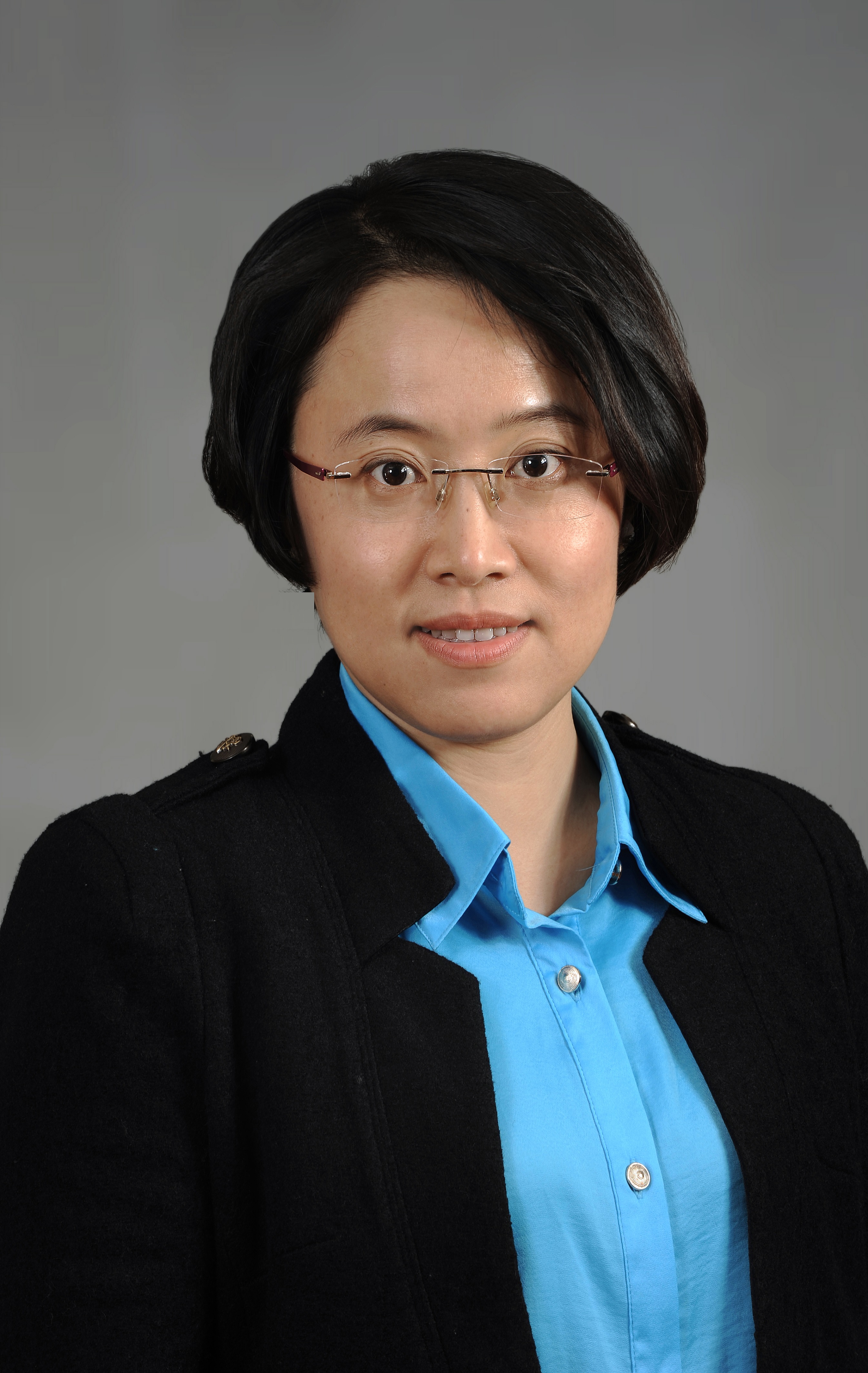
Wu Libo is the Professor of School of Economics, School of Big Data and Institute of Big Data at Fudan University. She is the Executive Deputy Director of Center for Energy Economy and Strategic Studies and also the Deputy Director of Center for BRICS Studies at Fudan University. She is the chief scientist of the key project of the National Social Sciences Program Fund, the assessment expert for Group three of intergovernmental panel on climate change in NRDC, and the public consultant for the Shanghai next 30 years, as well as the member of international committee of the Global Carbon Project (GCP). Her recent works are published in Energy Economics, Energy Policy, Journal of Policy Modelling, Social Sciences in China, Economic Research Journal. She has published four books and over 40 papers in domestic and abroad journals. She has taken charge of over 20 subjects for central and local governments including the key project of the National Social Sciences Program, the 863 major project of the country, Technology R&D Program project for 12th-year-plan, the major project of national soft science research for Ministry of Science and Technology, the major base of Humanities and social science major project for Ministry of Education, the 12th-year-plan and the 13th-year-plan for Shanghai Municipal DRC, etc.. She has been selected in the first “Pujiang Talent Plan” and “Dawn Talent Plan” in Shanghai. She also gained the second prize of Chinese college humanities and social science research outstanding achievement paper, the second prize of the National Energy Administration soft science outstanding achievement, the second prize of decision-making consultation research results in Shanghai, the third prize of Shanghai philosophy and social sciences outstanding achievement, etc.
Theme Interpretation:
The Paris Agreement on climate change aims to strengthen the global response to the threat of climate change, by holding the increase of the global average temperature to well below 2°C above pre-industrial levels and to pursue efforts to limit the temperature increase to 1.5°C above pre-industrial levels. To achieve that temperature goal, countries aim to peak greenhouse gas emissions as soon as possible, and to undertake rapid reductions of greenhouse gases in the second half of this century. China has presented the voluntary reduction action plan and Present Xi Jinping proposed that China would push emission reduction and low carbon development to meet the 2°C goal at summits of the world’s leaders. Now first, we should study on the mitigation solutions for global and countries. Especially in China, the core of questions is the peaking time. China has declared to peak around 2030 and efforts to reach peak as early as possible. So we need to analyze the mitigation solutions for China and main countries, and need modeling research for China peaking before 2024 to meet the 2°C goal.
For a long time, there are a lot of scenario analysis for global emission reduction which have support the latest report of IPCC and make a significant impact to countries policy making. The scenario analysis has become the subject of IPCC’s study which will steer policy in the future. The sub-forum is focus on the mitigation solutions for the main countries and cities. We are going to invite the delegates from relative governmental bodies, research institutes in China and abroad to discuss the global mitigation solutions, scenarios for countries and the outlook for reducing emission.
Health and Sustainable Growth in Aging Societies of Asia
Co-organizers: School of Social Development and Public Policy, Fudan University;
School of Public Health, Fudan University
Host: Wang Feng & Fu Hua & Ying Xiaohua
Introduction of the Host:

Wang Feng is the professor of Fudan University and of the University of California, Irvine, and a non-resident senior fellow of the Brookings Institution. Wang Feng received his BA degree in Economics from Hebei University in China in 1982, and Ph.D. degree in sociology from the University of Michigan in 1987. Professor Wang is a widely-recognized expert on China’s social and demographic changes and on social inequality. He has published extensively on these topics. Professor Wang also served as a member in the Global Agenda Council on Population Growth of the World Economic Forum (2009-2011), and Expert Group for United Nations Population Division. Between 2010 and 2013, he was a senior fellow at the Brookings Institution and the director of the Brookings-Tsinghua Center for Public Policy in Beijing, and between 2007 and 2010, he served as the chair of the Department of Sociology at the University of California, Irvine.
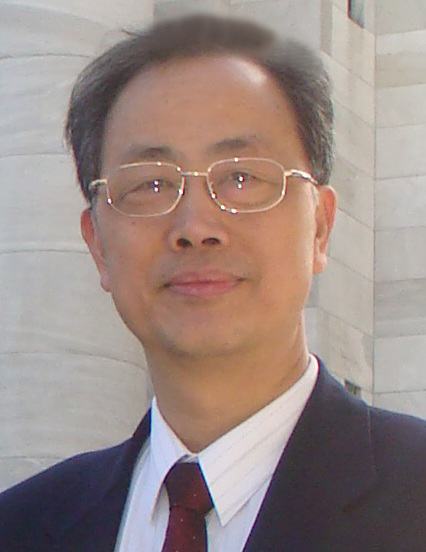
Hua FU, MB, Ph.D., is the Professor of School of Public Health, and Director of Institute of Health Communication, Fudan University, China. His research interests are focused on setting-based health promotion especially healthy city program, non-communicable disease prevention, especially on tobacco control, physical activity promotion, and clinical preventive services such as health consultation and health screenings in clinical settings. He is Board Member of International Union for Health Promotion and Education, Director of Sub-Committee of Health Promotion and Education in Shanghai Preventive Medicine Association, as well as Vice-directors of Sub-committees of Health Education, and Chronic Disease Prevention and Control in Chinese Preventive Medicine Association. He is also PI of The National Best Courses and the team leader of Co-sharing Courses on Preventive Medicine in China University. As chief editor, He published Textbook on Preventive Medicine for medical students (currently 6th version from second version), Clinical Preventive Medicine, Theory and Practice on Healthy City, and so on.

Ying Xiaohua is the professor of health economics in School of Public Health, Fudan University, and deputy director of National Key Lab of Health Technology, MOH. Ying Xiaohua received his Ph.D Degree from Fudan University. He has been in University of California, Berkeley from 2004-2005, and at Duke University in 2011 as a visiting scholar. His researches are focused on social health security, health financing, impact evaluation of health reform, and health technology assessment. He leads several projects on health financing equity and health system interventions and evaluations in China. His work has been funded by the National Natural Science Foundation of China, Ministry of Health, Ministry of Science, Provincial Bureau of Health and WHO. Prof. Ying has been involved in the health reform designing for China and for Shanghai.
Theme Interpretation:
Population aging is a major new issue confronting the world, and has become a core concern for many societies. Population aging has also become a basic dimension of China’s “New Normal”. The challenges brought by the aging process are not merely the result of the elderly people or the process of population aging itself, but the inconsistencies between the changing population age structure and the economic structure of today’s society. Such inconsistencies call for public policy innovation and intervention. On the one hand, we need to consider how to improve the health status of aged people to reduce social burden. On the other hand, the aging population also brings new opportunities, as more elderly people represent more new demand, including demand for new technology, longer work years and more medical technique services, etc. Population aging may present an opportunity for a second demographic dividend. Meanwhile, the interaction between health status and economic development is also the most fundamental and important links to study to prepare for the arrival of an aging society. This sub-forum will therefore focus on the development issue of aging society in Asia to explore new ways of sustainable growth within the context of aging societies.
In China and other parts of Asia, an accelerated urbanization process is also taking place as population aging. In Asia, there are developed countries with urbanization rate around 90% such as Japan and Korea, and there are also developing countries with urbanization rate at only 30%, such as in some southeastern Asian countries. China is at a key developmental stage with its urbanization rate in the middle. In the area of urban health, there are both needs to learn from the advanced cities and to collaborate among developed and developing countries. This sub-forum will therefore also focus on the health status on Asian cities to discuss the well- being of Asian cities, to share the responsibility of health promotion and to construct a better future for the health status of people in the cities of Asian countries.
G20 China (Hangzhou) Summit and International Development Cooperation
Co-organizers: School of International Relations and Public Affairs (SIRPA), Fudan University;
Munk School of Global Affairs, University of Toronto
Host: Zheng Yu & Joseph Wong
Introduction of the Host:
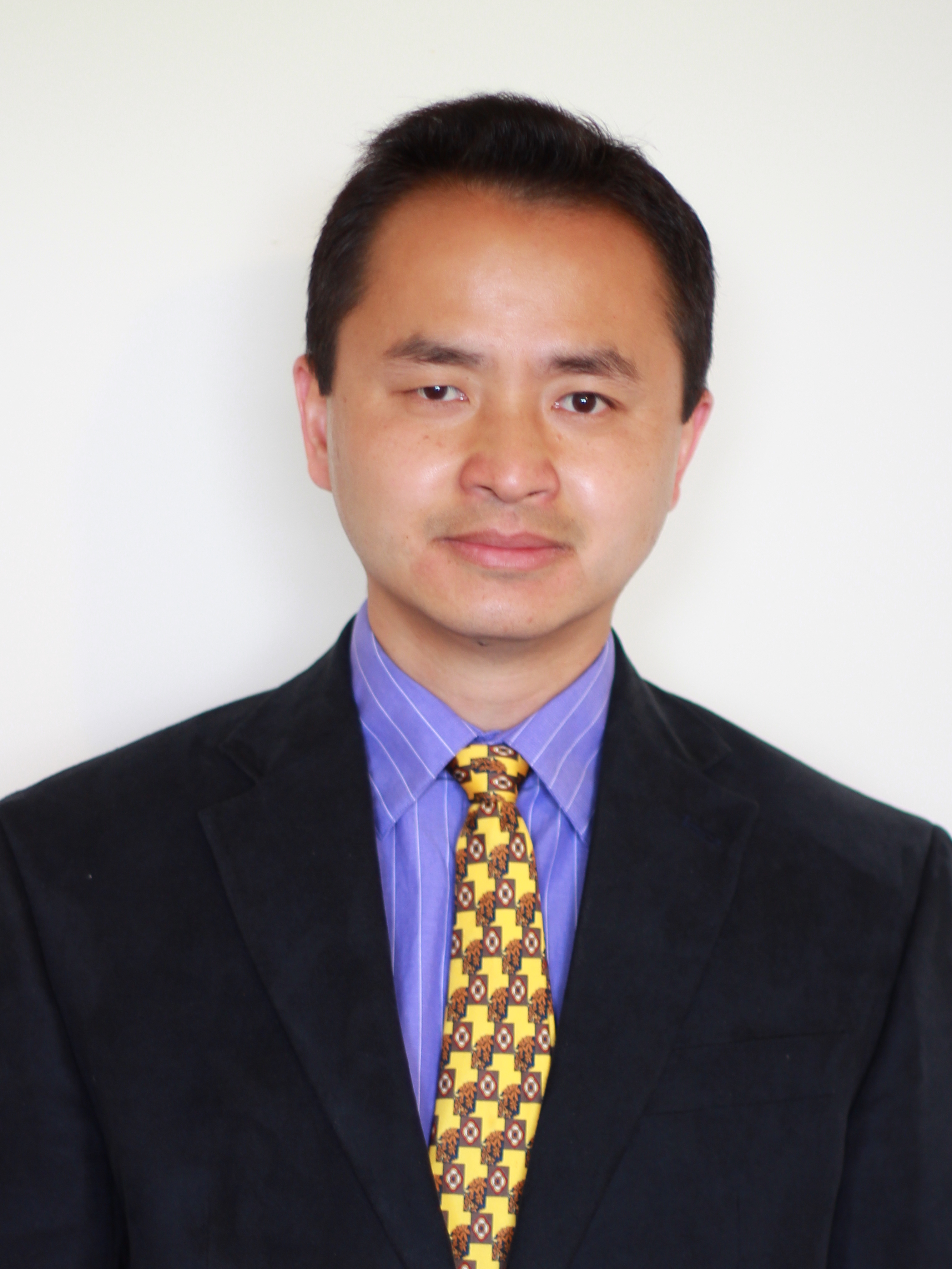
ZHENG Yu is the Professor at the School of International Relations and Public Affairs (SIRPA), Fudan University. He received his Ph.D. at the University of California, San Diego and has taught at the University of Connecticut as a tenured faculty member. His research interests include international development, foreign direct investment, and business-government relations. He is the author of Governance and Foreign Investment in China, India, and Taiwan: Credibility, Flexibility, and International Business (University of Michigan Press, 2014). His publications have also appeared in journals such as Comparative Politics, Public Opinion Quarterly, Studies in Comparative International Development, and others. He is an Associate-in-Research at the Fairbank Center for Chinese Studies, Harvard University.
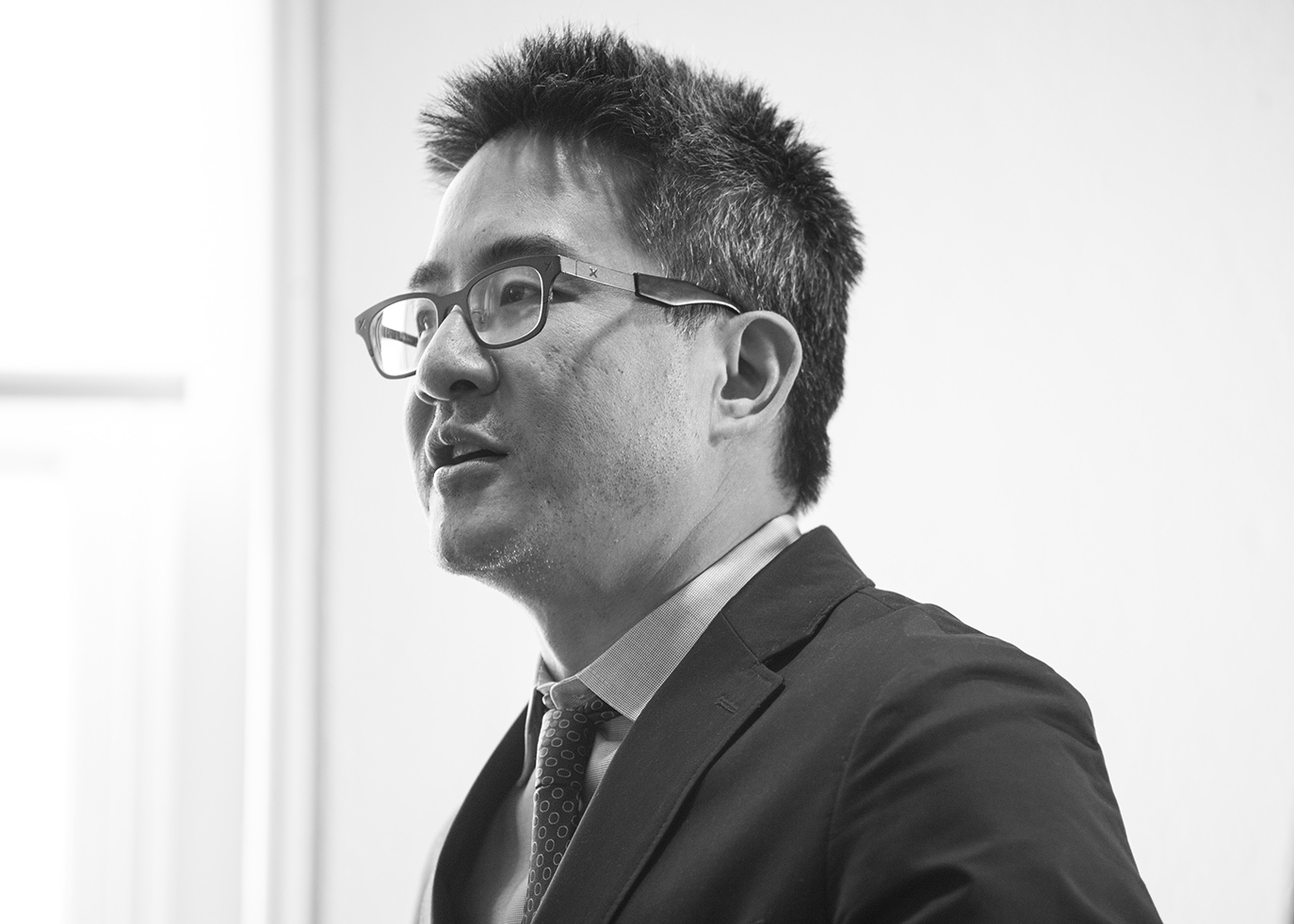
Joseph Wong is the Ralph and Roz Halbert Professor of Innovation at the Munk School of Global Affairs, University of Toronto, and Professor of Political Science and Canada Research Host in Democratization, Health and Development. Professor Wong was the Director of the Asian Institute at the Munk School from 2005 to 2014. In addition to academic articles and book chapters, Professor Wong has published four books: Healthy Democracies: Welfare Politics in Taiwan and South Korea (2004) and Betting on Biotech: Innovation and the Limits of Asia’s Developmental State (2011), both published by Cornell University Press, as well as Political Transitions in Dominant Party Systems: Learning to Lose, co-edited with Edward Friedman (Routledge, 2008), and Innovating for the Global South: Towards a New Innovation Agenda, co-edited with Dilip Soman and Janice Stein (University of Toronto Press, 2014). He is currently working on a book monograph with Dan Slater (University of Chicago) on Asia’s development and democracy, under contract with Princeton University Press. In addition, Professor Wong is collaborating with scholars and students to address issues of poverty and innovation; he recently published an essay in the Bulletin of the World Health Organization on the political economy of universal health coverage in the developing world. Wong has been a visiting scholar at Harvard, Oxford, Seoul National University, National University of Singapore and the Institute for National Policy Research in Taipei. He has advised the United Nations, World Bank, Economic Commission for Latin America and the World Health Organization, as well as for governments in Europe, Africa, Latin America, and Asia. In 2011 Wong was appointed Senior Fellow of the Asia-Pacific Foundation of Canada, and was honored in 2013 with the Faculty of Arts and Science Outstanding Teaching Award. Professor Wong earned his Hons. B.A. from McGill University (1995) and Ph.D. from the University of Wisconsin-Madison (2001).
Theme Interpretation:
2016 is a year of great opportunities for international development cooperation. G20 China (Hangzhou) Summit calls for deeper international cooperation in the face of challenging global economy. The United Nations continues its endeavor to promote poverty reduction and economic development with the new Sustainable Development Goals (SDG) agenda. Against this backdrop, we organize this panel with a group of internationally known experts from the government, international organizations, and universities to discuss four major questions related to international development cooperation. First, how should China participate in global governance in dealing with various concerns on international development? Second, what are the new trends of international development cooperation and how to evaluate them? Third, what are the varieties of governance patterns for sustainable development? Fourth, what are the effective ways for poverty reduction?